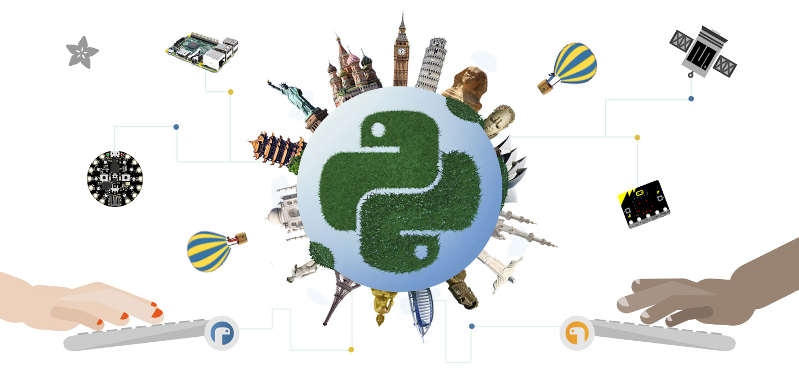Announcing Mu 1.0.0-beta.17
We’re pleased to announce the availability of Mu 1.0.0-beta.17, a Python code editor for beginner programmers! This is the final beta version before a release candidate later this week and the final 1.0 release sometime next week. This version is feature complete for 1.0. Any further changes will be bug fixes or cosmetic changes rather than new features.

The full list of changes can be read in the developer documentation. However, highlights include:
- A major re-write of how MicroPython code is flashed onto the BBC micro:bit. If there’s one thing we’d love to be tested by users, it’s this! All feedback most welcome (submit a new issue if you find a problem or discuss things via online chat).
- The latest and greatest version of MicroPython for the BBC micro:bit.
- Updates to the Python visual debugger (which is working really well).
- Protection from “shadow modules”. When many new programmers first save, for
example, some
turtlebased code they call their fileturtle.py. This breaks Python in a subtle yet opaque manner for beginners. Of course, their newturtle.pyfile takes precedence in the import path, so where their code saysimport turtleit is, in fact, trying to import itself..! Not a good situation for anyone, let alone a beginner programmer. As a result, Mu will complain if you try to give a file the same name as an existing module on your Python path. We know from extensive feedback this feature will save hours of confused head-scratching for beginners and teachers. - We’ve also added a very simple yet remarkably useful “find and replace”
dialog which you can access with the
Ctrl-Fhot key combination. - Talking of hot key combinations, if you highlight some text and press
Ctrl-Kit’ll be toggled between commented and uncommented. If no text is highlighted, the current line is toggled between these two states. - Mu has been updated to use the latest version of Qt as its GUI framework.
- Plenty of minor fixes, tidy-ups and bugs squashed.
The next release will be a bug-fix “release candidate”. This will be a dress rehearsal for the final release which will follow soon after. Happily, most of Mu’s test, build and package infrastructure is automated. However, since this is still a process with several different components that need to be synchronised and checked (such as blog posts announcing the release and documentation updates) and some manual interventions (such as digitally signing the installers for OSX and Windows) we want to make sure we get this process right first time!
As always, feedback, bug reports and ideas would be most welcome!
 Made With Mu
Made With Mu